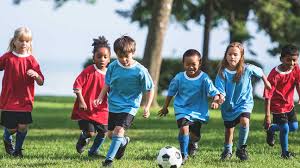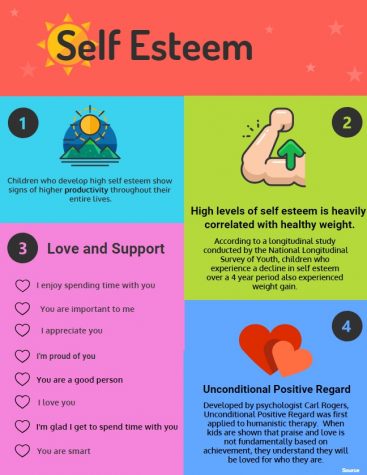Why Participation is Good for Kids

June 11, 2018
The removal of winners and losers in children’s games has sparked controversy in the ever growing handbook on raising children. Critics claim that they teach a destructive message: failure must be avoided at all costs. However, these awards do not erase all feelings of loss or failure, but aid the child’s ability to realize their own strengths outside of winning.
Allowing kids to receive these trophies shows them that there is value in the effort they gave. It validates their experience and encourages them to try again, showing them that may not be perfect, but they are still worthy of praise.
A person’s self worth is one of the most important things about them. High self esteem can positively impact every aspect of a child’s life ranging from things such as weight to their ability to communicate, accomplish tasks, and even empathy skills.
Victory is definitely a fundamental key for kids who eventually become professional or collegiate athletes. But what about the ones that don’t? Participation trophies for these kids can increase their self efficacy (the ability to believe that you can accomplish tasks) and self esteem.
Many people argue that trophies given for anything other than winning, or lack of keeping score hurts children. On the issue of trophies however, more time could be spent on the awards. One child can win or receive first place, and instead of everyone else getting participation trophies, they could receive awards based on their specific strengths it would not only allow them to understand themselves, but give the parents the ability to watch their child succeed.  It is often indicated that trophies are signs of parents being too easy on or allowing their children to escape failure. I feel that this is an oversimplification of a very important development in a kid’s self image. When parents create a positive and supportive environment, kids observe and imitate the behaviors and patterns that they see. Observational learning is one of the driving factors behind a child’s image of the world. What parent would not jump at the chance to construct an environment in which his or her child could participate in an activity that makes them happy and improves their self image?
It is often indicated that trophies are signs of parents being too easy on or allowing their children to escape failure. I feel that this is an oversimplification of a very important development in a kid’s self image. When parents create a positive and supportive environment, kids observe and imitate the behaviors and patterns that they see. Observational learning is one of the driving factors behind a child’s image of the world. What parent would not jump at the chance to construct an environment in which his or her child could participate in an activity that makes them happy and improves their self image?
We are all worried about our kids. I may be sixteen, but even by watching my siblings I understand that they are important. It is clear that at the end of the day, everyone just wants children to be prepared as possible for real life. Creating a positive environment from day one allows children to feel secure and happy from the very beginning.


